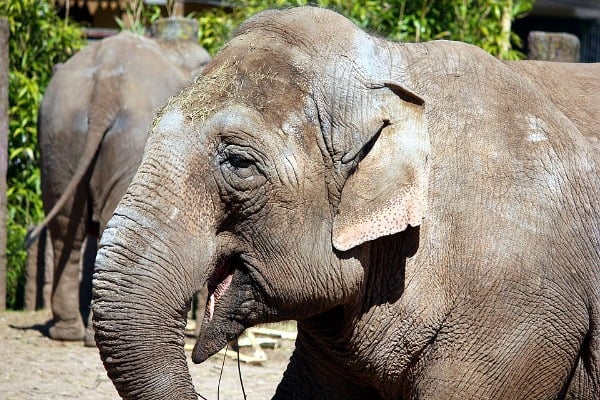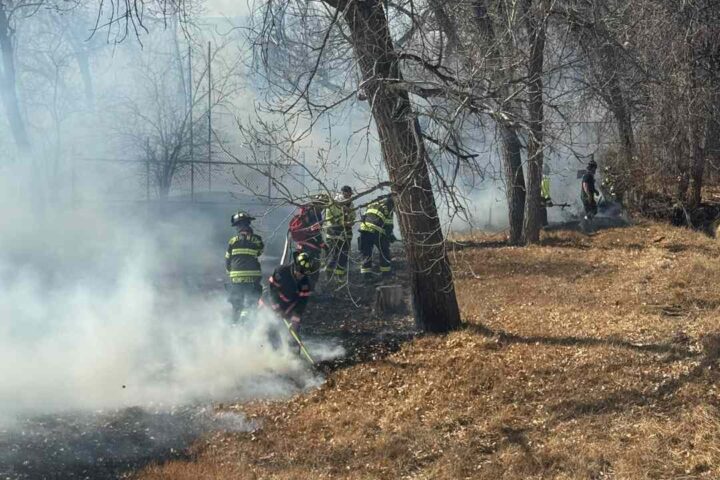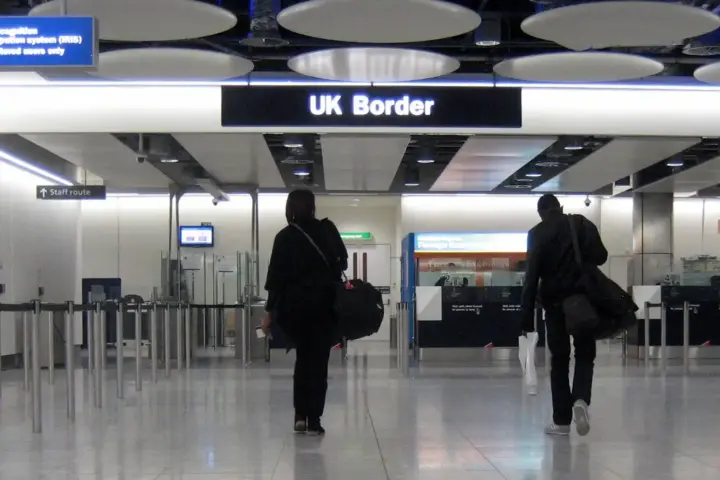British zoos and aquariums must now follow stricter animal welfare rules under what the government calls the most significant update in over a decade. The Department for Environment, Food & Rural Affairs (Defra) published the new “Standards of Modern Zoo Practice 2027” on May 24, setting higher requirements for how animals are kept and treated.
The changes focus on giving animals more space and ending practices considered harmful to their wellbeing. Zoos have two years to meet most of these standards, with some specific changes having longer deadlines.
What’s changing for zoo animals?
Elephants will get much larger enclosures – at least 20,000 square meters of outdoor space for up to five elephants and 600 square meters indoors for up to four elephants. Zoos have until January 1, 2040, to meet these space requirements.
The rules also ban several common practices:
- Long-term tethering of birds of prey like owls and eagles must end by January 2030
- Visitor touch pools for sensitive marine animals like stingrays and octopuses are now prohibited
- The use of sharp hooks (ankus) and electric goads to control elephants must stop by January 2030
“Today’s long-overdue reforms lay the foundation for an even stronger, even more compassionate future for all zoos and aquariums – and the animals they protect,” said Animal Welfare Minister Baroness Hayman.
Better safety and planning
Beyond animal living conditions, the standards require:
- Better safety measures when keeping dangerous animals, including double-gated entry systems
- Clear business continuity plans to ensure animal care during financial difficulties
- Stronger conservation efforts with detailed record-keeping and limits on taking animals from the wild
Jamie Christon, CEO of Chester Zoo, welcomed the changes but noted they had been delayed: “These standards have been delayed for the last two years, really, as a result of changing governments. That’s meant that zoos haven’t been able to invest.”
Chester Zoo has already developed plans to expand its elephant enclosure in anticipation of the new rules.
Similar Posts
Industry support but enforcement concerns
The British and Irish Association of Zoos and Aquariums (BIAZA), representing over 130 zoos, has supported the reforms. Dr. Jo Judge, BIAZA’s CEO, said: “The new standards are a significant step up in legal requirements and cement Britain’s position as a global leader for zoos and aquariums.”
However, concerns exist about how effectively these standards will be enforced. Experts have highlighted the need for proper funding and training for local authority inspectors who will check compliance.
Without adequate resources for inspection, the improvements might not be consistently implemented across all of the detailed requirements in the 196-page document.
Public opinion divided
The British public has mixed views on keeping wild animals in captivity. YouGov polling shows that while most people recognize zoos’ role in conservation, 51% would prefer to see large animals phased out of zoos entirely.
Only 22% support banning zoos outright, but many question whether elephants, bears, wolves, big cats, and great apes should be kept in captivity at all.
What happens if zoos don’t comply?
The standards form the legal basis for zoo licensing. While the consequences for non-compliance aren’t explicitly detailed in the new standards, zoos must follow these regulations as part of their licensing requirements.
Local authorities will be responsible for ensuring that facilities meet the standards within the specified timeframes.

Kathryn England, Chief Operating Officer for ZSL (London and Whipsnade Zoos), emphasized the importance of these changes: “These standards will help bring the whole sector up to a level the public rightly expects – and that animals everywhere deserve.”
As the two-year adaptation period begins, Britain’s zoos face the challenge of upgrading facilities and changing practices to meet what the government describes as “the most ambitious animal welfare reforms in a generation.”


















